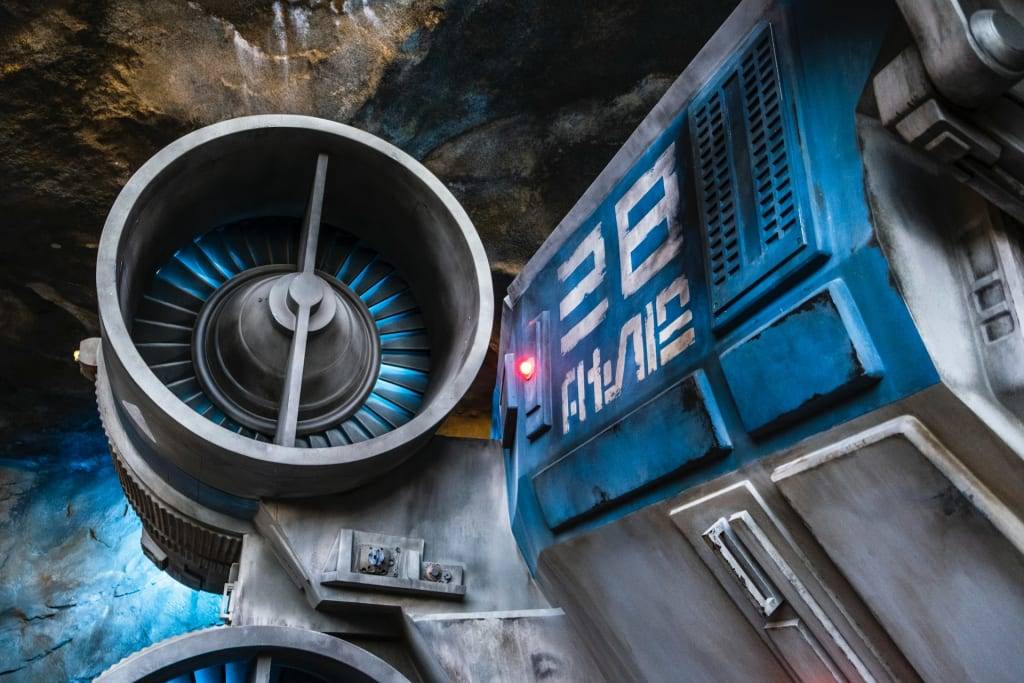In September of the year 2017, humanity witnessed a remarkable scientific feat that concluded with a bittersweet end. NASA's Cassini spacecraft, which had been on an ambitious 20-year-long mission, came to a close as it plunged into Saturn, deliberately and intentionally. The cost of building and operating this spacecraft was an astonishing $4 billion, which was a small price to pay for the valuable knowledge it bestowed upon us. Launched in the year 1997, Cassini traversed an astounding distance of nearly five billion kilometres before finally reaching Saturn in 2004. During its incredible journey, it accomplished many ground breaking discoveries that have expanded our knowledge of the solar system and deepened our understanding of Saturn and its moons. Among its many achievements, Cassini made the first-ever observation of Saturn's rings and detected methane lakes on Titan, Saturn's largest moon. These discoveries have opened up new avenues of scientific research and inspired future missions to explore the mysteries of the outer reaches of our solar system. The remarkable feat of Cassini's mission has left an indelible mark on humanity's quest for knowledge and has furthered our understanding of the vast and mysterious universe that surrounds us.
NASA made a well-informed and strategic decision when it chose to end the Cassini spacecraft's mission by crashing it into Saturn. Cassini had been exploring Saturn and its moons for almost two decades and had almost run out of fuel, making it incapable of further scientific observations. However, instead of abandoning the spacecraft to drift aimlessly in space, NASA decided to use its last moments to gather valuable data about Saturn's atmosphere and composition that would have been impossible to obtain otherwise. As Cassini plunged into Saturn and transmitted data, it provided scientists with a wealth of information about the planet's atmospheric composition, temperature, and density. Additionally, by crashing Cassini into Saturn's atmosphere, NASA prevented it from contaminating any of Saturn's potentially habitable moons with Earthly microbes, thereby preserving them for future exploration. All in all, NASA's decision to end the Cassini mission by crashing it into Saturn was a carefully considered and scientifically beneficial one that yielded transformative data and preserved the potential for future exploration.
The Cassini mission was an extraordinary demonstration of human ingenuity and technological advancement. For a remarkable period of 13 years, the spacecraft intrepidly ventured into the far reaches of our solar system to explore and investigate the mysteries of Saturn, its intricate ring system, and its many moons. The vast amount of data collected by Cassini is a treasure trove of information that scientists will analyse for decades to come, providing a wealth of knowledge about this remote planet and its complex system.
The legacy of Cassini is of immeasurable value, illuminating many previously unknown aspects of Saturn and its moons. The ground breaking discoveries made by Cassini have transformed our understanding of the solar system, encompassing everything from the identification of new moons and ring structures to the comprehensive analysis of atmospheric composition, magnetic fields, and other essential features of the planet.
The discoveries made by the Cassini spacecraft have been nothing short of extraordinary. Through its mission, the spacecraft has uncovered a wealth of information that has opened up new avenues of research and provided crucial insights into the workings of our universe. The findings gathered by the spacecraft have already begun to shape our knowledge of the cosmos, inspiring the development of new theories and ideas that will continue to influence the field of astrophysics for generations to come. The Cassini mission is a testament to the boundless curiosity and thirst for knowledge that defines humanity, and it will undoubtedly be remembered as one of the most significant scientific achievements of our time.



No comments yet
Be the first to share your thoughts!